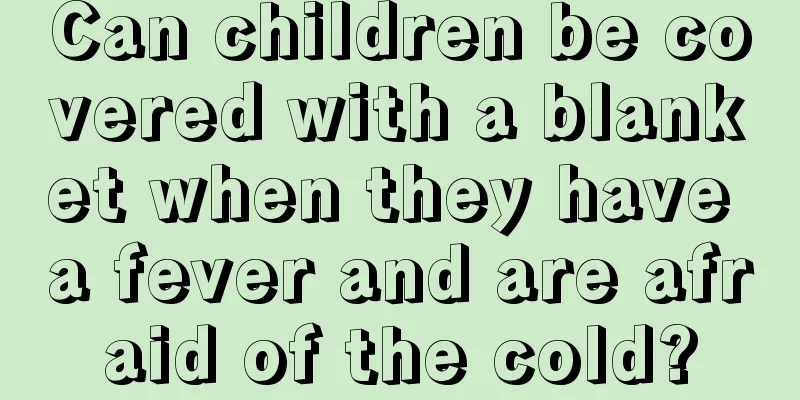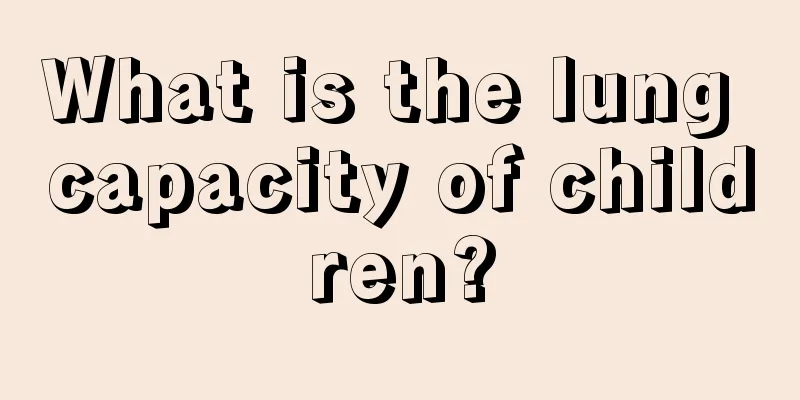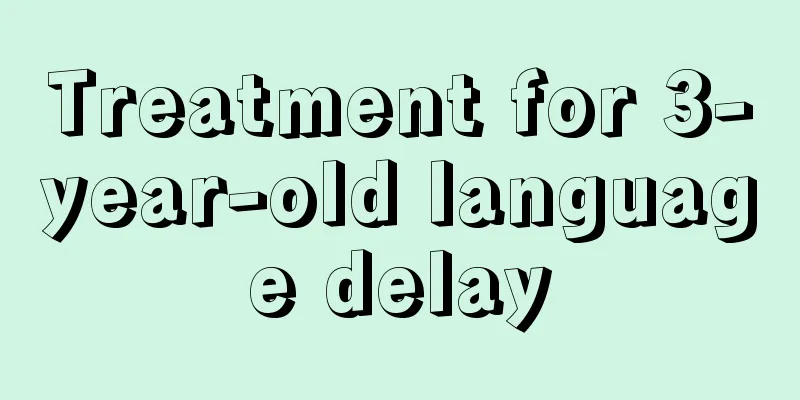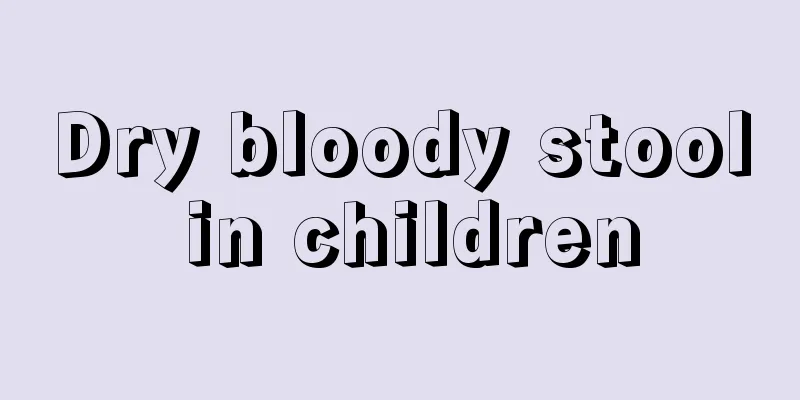What to do if your child has allergic rhinitis and nasal congestion
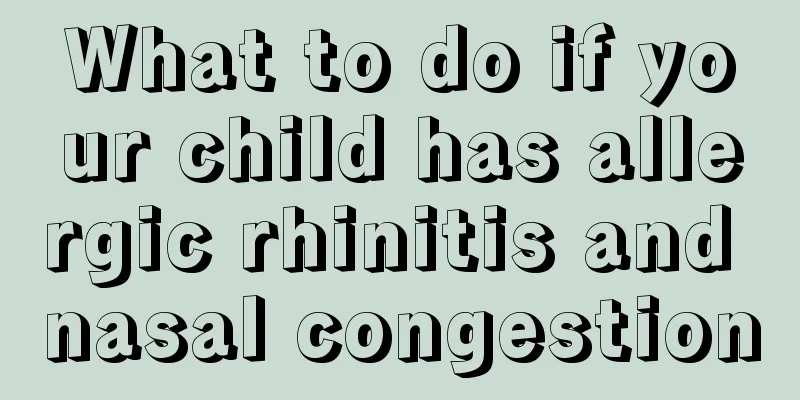
|
Because the baby's nasal cavity is relatively fragile and not yet fully developed, it is often particularly sensitive. After contact with some external small particles, it will form some immune reactions, causing allergic rhinitis, nasal congestion and other phenomena. Some measures are introduced below. Avoid contact with allergens ① The number of dust mites in the room should be less than 20/m2; maintain the relative humidity of the living space below 60%, but too low (such as below 30%-40%) will cause discomfort; sweep the carpet; wash bedding and curtains. Mite allergens are soluble in water, and washing textiles can remove most of the allergens; use air purifiers and vacuum cleaners with filters. ②Avoid allergens during the corresponding pollen allergy season. ③ Patients who are allergic to animal fur should avoid allergens. Drug treatment The following factors should be considered: efficacy, safety, cost/effectiveness ratio, etc. Intranasal and oral administration are commonly used, and the efficacy may vary between different patients. There is no long-term sustained efficacy after discontinuation of the drug, so maintenance treatment is required for persistent allergic rhinitis. Prolonged treatment does not lead to rapid drug resistance. Intranasal administration has many advantages. High concentrations of drugs can act directly on the nose, avoiding or reducing systemic side effects. However, for patients with other allergic diseases, drugs need to act on different target organs, and intranasal administration is not the best choice. Systemic drug treatment is recommended. Immunotherapy Immunotherapy (desensitization therapy) is a therapy recommended by the World Health Organization that may change the course of the disease. Immunotherapy induces clinical and immunological tolerance with long-term effects, preventing the development of allergic diseases. Allergen-specific immunotherapy is commonly used by subcutaneous injection and sublingual administration. The treatment course is divided into a dose accumulation phase and a dose maintenance phase, and the total course of treatment is no less than 2 years. Standardized allergen vaccines should be used. The indications are mainly for patients with allergic rhinitis who are not responsive to conventional drug treatment. Contraindications: ① During asthma attack; ② The patient is currently using beta-blockers; ③ Patients with other immune diseases; ④ Pregnant women; ⑤ The patient cannot understand the risks and limitations of treatment. Surgical treatment Indications: ① The symptoms of nasal congestion have not improved after medication or immunotherapy, and there are obvious signs, affecting the quality of life; ② There are obvious anatomical variations in the nasal cavity, accompanied by functional disorders; ③ Combined with chronic rhinosinusitis and nasal polyps, and drug treatment is ineffective. Surgical treatment is not a routine treatment for allergic rhinitis. |
<<: Early symptoms of hepatitis in babies, parents should learn to make comprehensive judgments
>>: What are the symptoms of urinary tract infection in children?
Recommend
Examination of recurrent fever in children with pneumonia
In fact, in daily life, many parents are busy wit...
How to bask in the sun when the baby has jaundice
When it is confirmed that your baby has jaundice,...
What to do if your child has astigmatism
When children suffer from astigmatism, they often...
What causes children to snore?
These two nights when I was sleeping, I suddenly ...
What should I do if my child has a hole in his heart?
Children's bodies are always not fully develo...
How to treat insufficient gastric motility in children
The stomach is a very important organ for each of...
What happens if a newborn baby hasn’t pooped for ten days?
It goes without saying that a baby who has not ha...
Why is the red blood cell count in children's blood routine high?
When doing a routine blood test, the red blood ce...
What to do if a child is scalded by boiling water
When children are young, scalds are the most comm...
What causes children to sweat?
Children's physical health is the biggest con...
How tall is a newborn baby?
We all know that after many newborn babies are bo...
What should I do if my baby's hands and feet are cold before going to bed?
Many babies have experienced cold hands and feet ...
How to improve children's memory
After children go to school, parents are most con...
Two and a half year old baby walks with a limp
As the baby grows up day by day, he learns more a...
Baby's hair is hot and his hands and feet are cold
We all know that babies under three years old are...


